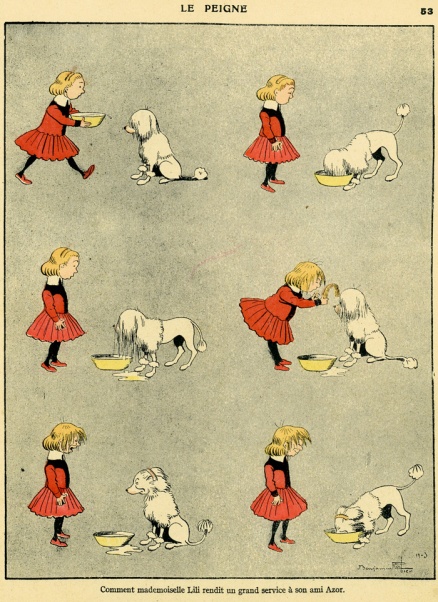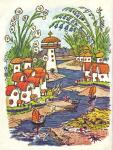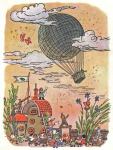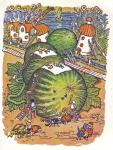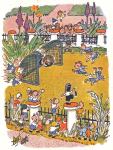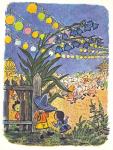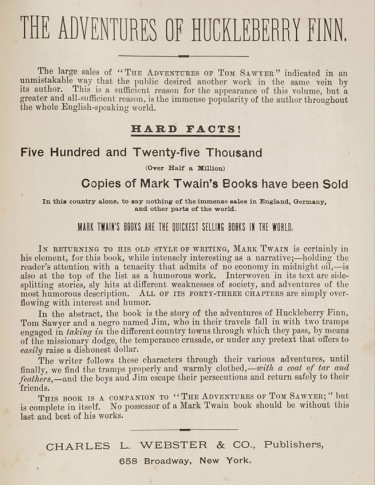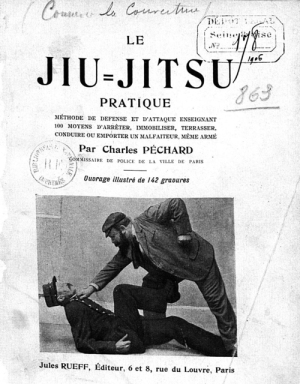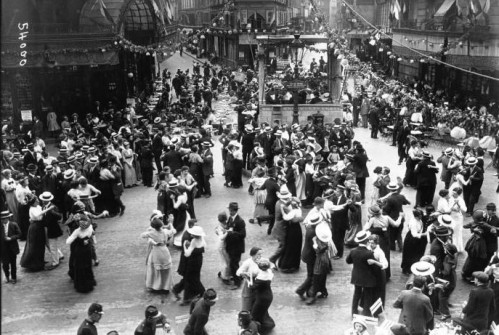
Having followed several Facebook pages set up by French archives or history buffs for the past few years, I can say this much: they really do know how to use Facebook to attract readers and followers. And they don’t do it in any predictable way. They come up with fun contests or riddles (with no prizes), ask people to vote on their cover photos (again, just for fun), and sometimes feature discoveries made by their readers. So here are some of the best pages for Francophiles who want to learn more about French history while procrastinating on Facebook:
1. Gallica. I’ve been singing the praises of Gallica, the online catalog of the French National Library, since it was launched way back when, but it turns out that they’re also Facebook geniuses. A new amazing album will often pop up in your feed and distract you from all those pictures of babies or cats. And there’s a regular “Enigme du vendredi” feature where they ask readers to guess all kinds of things — which tends to be quite challenging but also lots of fun.
2. John D’Orbigny Immobilier. As the name suggests, this is actually a real estate agency. But the page hardly ever mentions their daily work. Instead, they have amassed an amazing array of photos. I don’t know how they do it. Clearly somebody who works there spends a lot of time scouring flea markets and the farthest corners of the internet. Would you like to see some pictures from Paris from 1870 to 1914? Interested in Mata Hari? The 1937 Exposition? The Louvre during World War II? They seem to have everything and then some.
3. Paris Unplugged. This is the Facebook page for the website, where you’ll find more details on the photos they post and interesting vignettes on different areas of Paris and their history. That’s exactly what sets them apart: they give you a lot of context for pictures, so much so that you can probably become a tour guide just by reading what they post.
4. Ina.fr. Another official page, this time for the French National Audiovisual Institute (Ina). As you’d expect, they have a very wide range of videos, TV clips, and even old films. And they regularly highlight interesting videos you might not find on your own.
5. Archives départementales de la Manche. Much like Gallica, these Archives know how to make old pictures fun. They mostly focus on Lower Normandy, but it turns out it’s quite interesting.
Do you have any favorites? Would you add anything to this (very subjective) list?
(Photo of a bal populaire in 1914 via Gallica)
